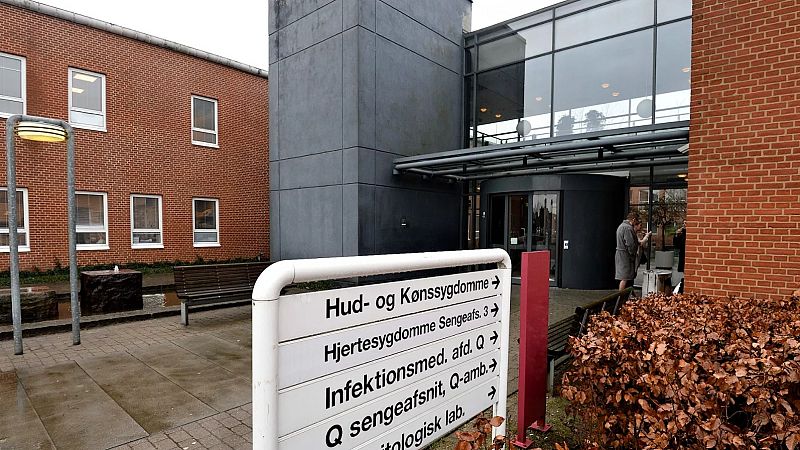
Growing scrutiny against espionage is leading higher institutions of learning in Denmark to reject foreign researchers, as officials report threat levels to be "high".
University authorities in the Nordic nation say they are particularly vigilant when researchers come from Russia, Iran and China, as sensitive Danish research must not fall into the wrong hands.
At Aarhus University, one of Denmark's foremost institutions of higher education, at least 24 foreign researchers have been rejected so far this year. This equates to one in 12 applicants from China, Russia and Iran, the university said.
According to Brian Vinter, vice-dean of Aarhus University's Faculty of Engineering, the applicant researchers were rejected because they would have had access to material that could lead them to divulge information to a third party.
The Danish Security and Intelligence Service (PET) says there are four ways in which foreign states can exploit and pressure researchers into becoming spies.
Bribery or buying access to knowledge, blackmail, threats, coercion, digital influence campaigns, and simple methods such as surveillance, theft and burglary are among the ways it mentions.
At the University of Southern Denmark, André Ken Jakobsen, associate professor at the Centre for War Studies, warns that advanced technology can be applied by many powers.
"And that makes the interest bigger, the intensity bigger, the competition bigger, and thus the threat is also bigger," he said, adding that a lot of unwanted attention may arise, especially in the areas of quantum technology and the green transition.
This is what has informed the need for caution, according to Jakobsen.
Denmark's security and defence agenda
The tightened rules also come into effect in light of Denmark's security and defence agenda for its six-month rotating presidency of the European Union.
On 3 July, Denmark marked the takeover of the Presidency of the Council of the EU with an official opening ceremony in Aarhus.
While analysts believe this agenda is particularly geared towards EU rearmament efforts, and as the Scandinavian country tends to prioritise defence, Jakobsen notes that the threat of cyber espionage in Denmark is, nonetheless, very real.
The Danish Emergency Management Agency reports that the threat of cyber espionage and cybercrime against Danish universities is very high.
That is why screenings are necessary, according to Jakobsen.

Despite the current efforts to mitigate risks, there are fears that the situation may also have some impact.
"Of course, I think that's super sad because we want the best people to come in and work for us. This is also why we do everything we can to avoid overimplementation," said Vinter of the Aarhus University Technical Faculty.
"But there is no doubt that we say no to some people who probably could have had employment at Aarhus University without anything going wrong with it, but we have assessed that the risk is too high," he explained.
Several other Danish universities have also rejected foreign researchers due to concerns about espionage, but they have stated that they do not keep track of the number of rejections.
To screen applicants, the University of Copenhagen told local media it has employed two staff members in addition to using a third-party consultancy.
The majority of the screenings have been carried out in the natural and health sciences; however, the university informed DR, the official Danish broadcaster, that it does not have statistics on how many applications have been refused.







